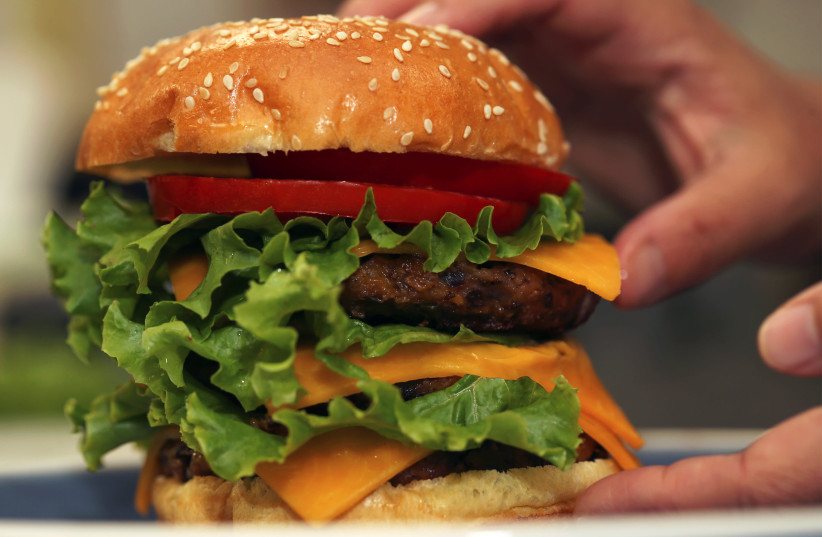The meat alternative market is a rapidly developing field of interest among food-tech companies, as they race to find unique approaches that are environmentally friendly, easily manufactured, moderately priced and, most importantly, palatable.
Israeli start-up More Foods has developed a novel form of alternative protein made from pumpkin and sunflower seeds. The company’s technology allows it to use cast-away fragments of seeds produced while making pumpkin seed oil and sunflower seed oil, converting them into a viable meat alternative.
“A large part of what people enjoy eating comes from a sense of familiarity which is sometimes lacking in meat alternatives,” said CEO Leonardo Marcovitz.
“We tap into this feeling by using superfood ingredients that everyone is very familiar and comfortable with; this is all done while keeping the label very short and easy to understand while simultaneously being price competitive to maximize the number of people that can enjoy this new food experience.”
Several restaurants in Israel have initiated pilot projects serving More Food products, including Mexicana, Pita Basta and Café Butti. The company intends to enter the EU market later this year.

Another food-tech company, Flying Spark, has based its meat-alternative on something slightly more unorthodox: fruit fly larvae. While it may not start any mouths watering at first blush, the company claims that the larva-derived product has an advantage over its plant-based competitors. “Unlike plant protein, the protein produced by Flying Spark is whole protein, which means that it contains all the ingredients that exist in animal protein and is defined as a higher quality protein,” the company said.
Additionally, Flying Spark’s livestock costs are hand-over-fist more economically viable: they estimate that the process of producing a kilo of fruit fly larvae protein consumes around 99% less water and land compared to the production of a kilo of meat protein.
Most recently, Flying Spark has penned an agreement with Thai food manufacturer Thai Union, which will buy 20 tons of its protein powder. Thai Union intends to utilize the protein in the production of pet food, which could be the ideal market for Flying Spark’s product.
“We are proud and highly appreciative of Thai Union’s show of confidence in Flying Spark’s products and technology,” said founder and CEO Eran Gronich. “The deal… is a seal of approval for the quality of the product and will help the company leverage sales to other companies in the near future.”
